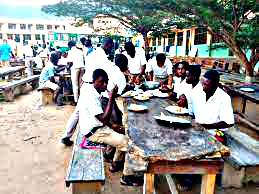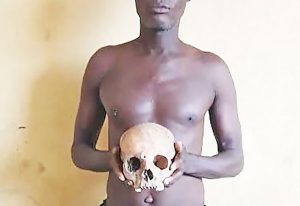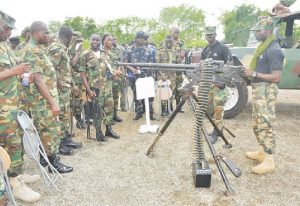By Godwin Owusu Frimpong
In the midst of the electoral race, the candidacy of former President John Dramani Mahama has become a point of contention, particularly regarding his proposed “24-hour economy” initiative. As Ghanaians prepare to cast their ballots, the question arises: why should voters place their trust in a candidate who appears unable to articulate the financial framework or immediate impact of a key policy?
Mr. Mahama’s assertion that “the 24-hour economy is not an event” raises eyebrows. On the one hand, the concept of a continuous economic oversight sounds promising, suggesting a rejuvenation of the national economy by incentivizing businesses to extend their operating hours. On the other hand, his reluctance to provide a cost estimate for this vision or a tangible timeline for its realization presents a crucial disconnect. Voters are left wondering how his administration would stabilize the economy while simultaneously implementing this ambitious plan.
In a recent interview with the BBC, Mr. Mahama emphasized that the initiative is “a process,” not a quick fix. While this acknowledgment of gradual change might reflect prudent economic governance, it might also signify a lack of preparedness. In times of economic difficulty, potential voters seek assurance and clarity on how proposed policies will translate into tangible benefits. Without a clear financial outline or immediate results, voices of doubt grow louder.
His comments about job creation—suggesting businesses will need to hire more staff to operate longer hours—begin to feel somewhat abstract without substantive evidence of feasibility or a carefully laid-out economic strategy. The optimism surrounding the African Continental Free Trade Area (AfCFTA) and the Economic Community of West African States (ECOWAS) is indeed notable, but voters deserve a comprehensive understanding of how Mahama connects these regional dynamics to his domestic plans.
Mr. Mahama’s stance regarding election transparency introduces further uncertainty. While democracy demands that the electoral process be fair and free from intimidation, his vague conditions for accepting election results could signal potential instability. A leader must inspire confidence—not just in governance but also in the very system that enables his rise to power.
As election day approaches on December 7, 2023, it is incumbent upon voters to weigh their options carefully. The conversations surrounding Mahama’s 24-hour economic vision must transition from vague platitudes to concrete proposals. If the electorate is to be convinced of Mahama’s viability as a candidate, he needs to effectively communicate not just what he intends to do, but how he proposes to do it—realistically and transparently. Otherwise, his campaign risks becoming a set of aspirational ideas lacking the strategy to achieve them. In the end, Ghanaians will have to decide whether faith in Mahama’s vision outweighs the necessity for definable leadership and accountability in their imminent choice at the polls.
Godwin Owusu Frimpong




